Gay Dictionary Hawaiian
How to say gay in Hawaiian
Below are the words of our Hawaiian Gay Dictionary that we will expand in new editions. If you know any more, please, contact us. But first some information about the language and where it is spoken.
Hawaiian is an Austronesian language family native to the Hawaii Islands where it is an official language along with English. During the 20th century went from almost forty thousand speakers to just one thousand and now recovery efforts are dedicated to the language.

An attractive Hawaiian man illustrates our Hawaiian Gay Dictionary
Although Hawaii is the 50th state of the USA, concerning the rights of the LGBT community Hawaii seem to be on another planet -or universe- because they stand out and shine with their light. Marriage, homoparental adoption, assisted fecundation techniques for lesbians, protection against discrimination and hate crimes, treatment of transgender and transsexual people. But not everything is a matter of laws, activism, activities, leisure, festivals throughout the year to claim pride, on the beach, in the university and the mountains: Honolulu, Hilo, Manoa, Mililani, Lahaina, Lihue, Waikiki. Long live Hawaii!
This acceptance of sexual diversity is not only contemporary since the traditional culture of the island not only integrated diversity but also had a fundamental role. That is why the words that make up this dictionary do not fit to traditional binary categories, but we incorporate them as an example and demonstration that all Western cultural rejection concerning sexual diversity has been based on prejudices and interests that arose with the emergence of monotheistic religions.
- +
Aikāne
In the native culture of Hawaii, an Aikāne was a close friend of the chief, with whom often but not always, he had sexual relationships.
+Māhū
The literal translation of the Hawaiian word Māhū is “in the middle.” It generally refers to a person whose biological sex is male with masculine and feminine gender expression. These people played a fundamental role in the traditional culture of the island, however with western and homophobic colonization, social rejection and aggressions of a part of society began, so the first definition offered by this dictionary was “faggot”. That is why there are local activists who prefer the term transgender because it is more inclusive. Māhū is a term that can now be used if it is to refer respectfully to transgender and gay people of both sexes.
+Māhūwahine
It is an expression composed of the words “Māhū” and “wahine”. Wahine, translated into the Spanish language is “woman” and Māhū, as you can see in the entry of this same dictionary, nowadays it is a term that can be used to refer to people with non-heteronormative sexuality. Māhūwahine is a term created in 2003 that encompasses people with trans identity and/or gender from man to woman with very different characteristics and situations such as transvestites, transgenders and transsexuals.
+Moe aikāne
At present, the expression Moe aikāne refers to a person who had sex with another person of the same sex or gender. However, in the traditional culture of the island, this expression referred to homosexual sex between the aliʻi nui (kings or queens) and their kaukaualiʻi (men or female lesser chiefs), ritualized or not and without any concealment or problem.
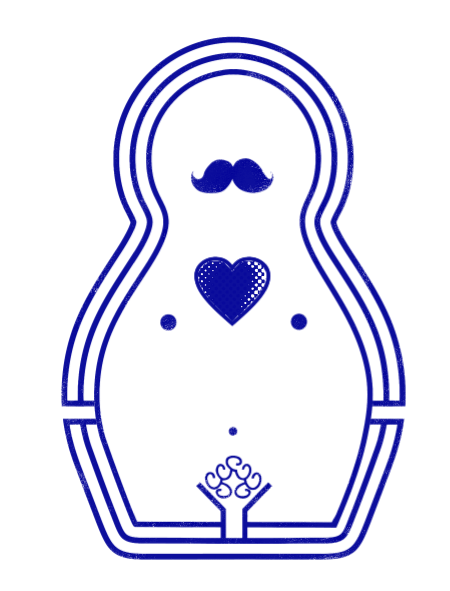

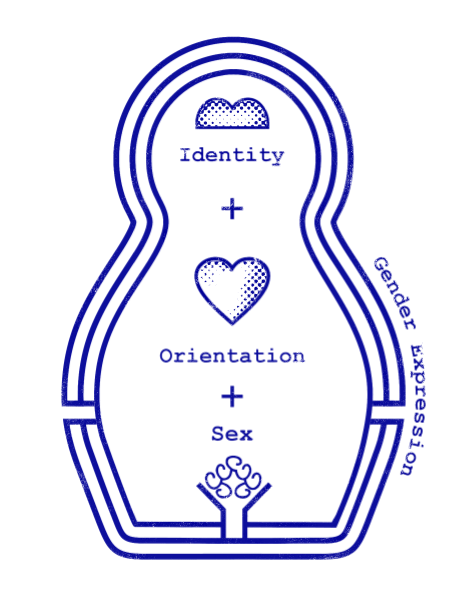
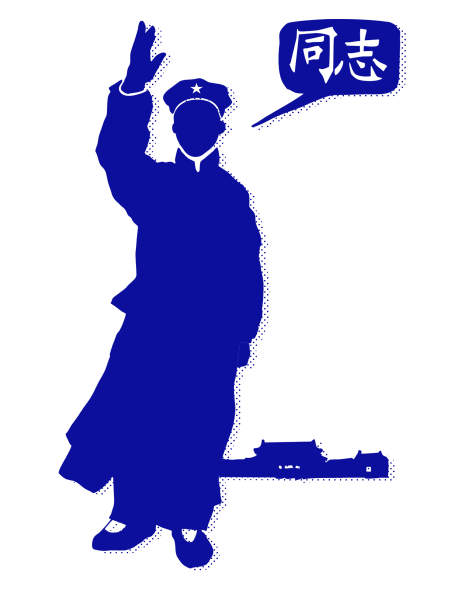
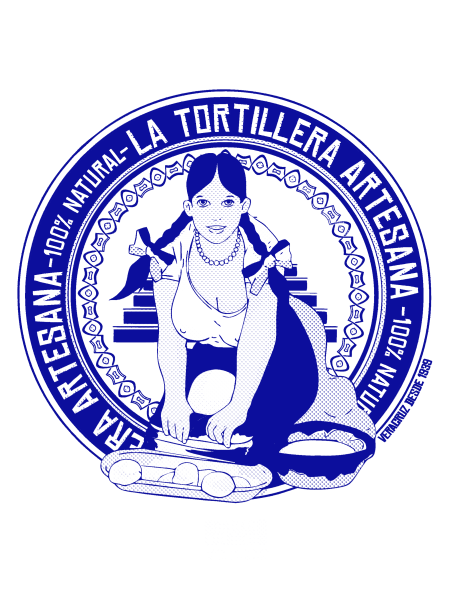
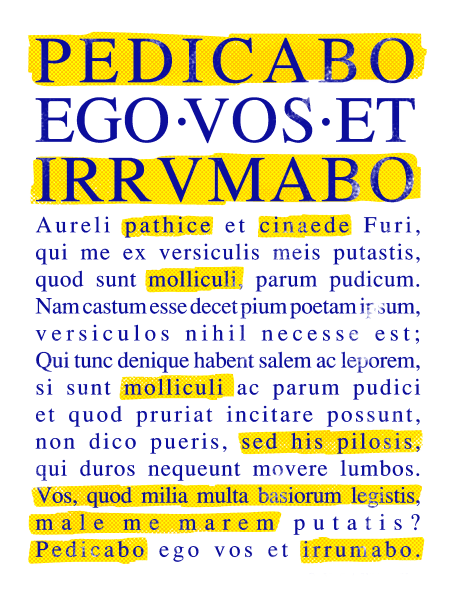

Can you help us with this dictionary?
You can do it in two ways, sending an email with some words you know, and also, spreading our work on your social networks.
Share it!